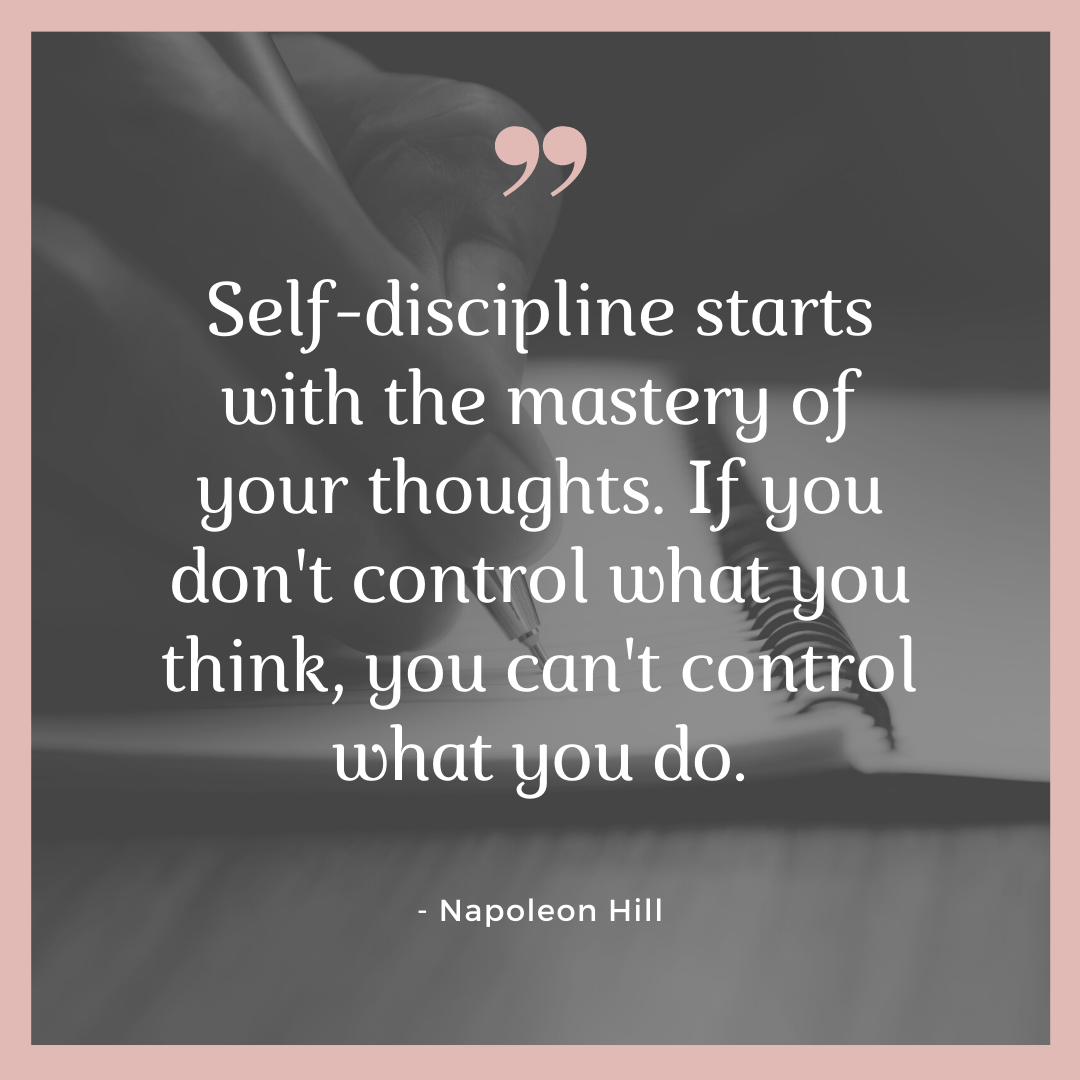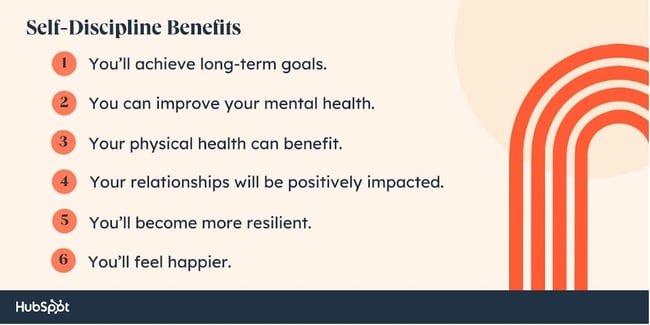How To Be A Self Disciplined Person

In today's fast-paced world, the ability to consistently achieve goals and manage impulses often feels like an elusive superpower. The demands of work, family, and personal aspirations can quickly overwhelm even the most well-intentioned individuals, leaving them feeling scattered and unproductive. But self-discipline isn't an innate trait; it's a skill that can be developed and honed with conscious effort and the right strategies.
Self-discipline, at its core, is the ability to regulate your behavior and resist distractions in pursuit of long-term goals. This article provides actionable strategies, drawing on insights from psychological research and expert advice, to cultivate self-discipline. We'll explore the underlying principles and practical techniques that empower individuals to take control of their lives and achieve their full potential.
Understanding the Foundation
A solid understanding of your motivations is paramount. Begin by identifying your core values and defining clear, measurable goals that align with these values.
According to Professor Angela Duckworth, author of "Grit: The Power of Passion and Perseverance," passion and perseverance, fueled by a strong sense of purpose, are key ingredients in sustained self-discipline.
Goal Setting and Planning
Break down large goals into smaller, manageable steps. This approach, often referred to as "chunking," makes the overall objective less daunting and more achievable.
The SMART framework (Specific, Measurable, Achievable, Relevant, Time-bound) provides a structured approach to goal setting, increasing the likelihood of success. Tracking your progress along the way helps maintain motivation and provides valuable feedback.
Building Habits
Self-discipline thrives on the power of habit. Habits, once established, require less conscious effort and become ingrained patterns of behavior.
James Clear, author of "Atomic Habits," emphasizes the importance of making good habits obvious, attractive, easy, and satisfying. Conversely, breaking bad habits involves making them invisible, unattractive, difficult, and unsatisfying.
Practical Strategies for Strengthening Self-Discipline
Implementing specific techniques can significantly improve your ability to stay on track. These strategies address both internal and external factors that influence self-discipline.
Mindfulness and Self-Awareness
Cultivating mindfulness allows you to become more aware of your thoughts, feelings, and impulses. This increased awareness enables you to recognize and resist distractions before they derail your efforts.
Regular meditation, even for a few minutes each day, can enhance your self-awareness and improve your ability to focus.
Time Management Techniques
Effective time management is crucial for maximizing productivity and minimizing procrastination. Techniques such as the Pomodoro Technique (working in focused bursts with short breaks) can help you stay engaged and prevent burnout.
Prioritizing tasks based on importance and urgency, using methods like the Eisenhower Matrix, ensures that you're focusing on the most critical activities.
Creating a Supportive Environment
Your environment plays a significant role in shaping your behavior. Minimize distractions by creating a dedicated workspace free from interruptions.
Surround yourself with supportive individuals who encourage and motivate you.
"You are the average of the five people you spend the most time with," says motivational speaker Jim Rohn, highlighting the influence of your social circle.
Managing Temptations
Identifying and managing your personal triggers is essential for resisting temptations. When faced with a strong urge, practice delaying gratification by waiting for a set period before indulging.
Cognitive reappraisal, a technique that involves reframing negative thoughts or situations in a more positive light, can help you manage cravings and resist impulsive behaviors.
Overcoming Challenges and Maintaining Momentum
Setbacks are inevitable, but how you respond to them determines your long-term success. View failures as learning opportunities and avoid self-criticism. Instead, focus on identifying what went wrong and developing strategies to prevent similar mistakes in the future.
Self-compassion, treating yourself with kindness and understanding during difficult times, can buffer against the negative effects of setbacks and help you maintain motivation.
Consistently reviewing your goals and progress allows you to make necessary adjustments and stay aligned with your values. Celebrate small victories along the way to reinforce positive behaviors and maintain a sense of accomplishment.
Looking Ahead
Building self-discipline is an ongoing journey, not a destination. By consistently applying the strategies outlined above, you can gradually strengthen your ability to control your impulses, manage your time effectively, and achieve your goals. Embracing a growth mindset, believing that your abilities can be developed through dedication and hard work, is crucial for long-term success.
As Dr. Carol Dweck, author of "Mindset: The New Psychology of Success," explains, individuals with a growth mindset are more likely to persevere through challenges and embrace learning opportunities, ultimately achieving greater levels of self-discipline and success.


















